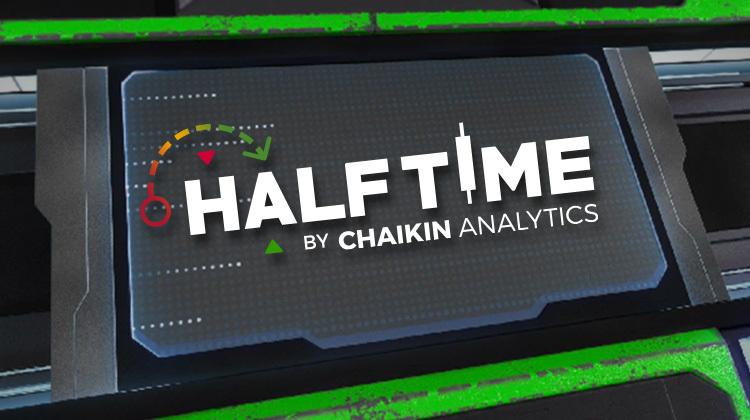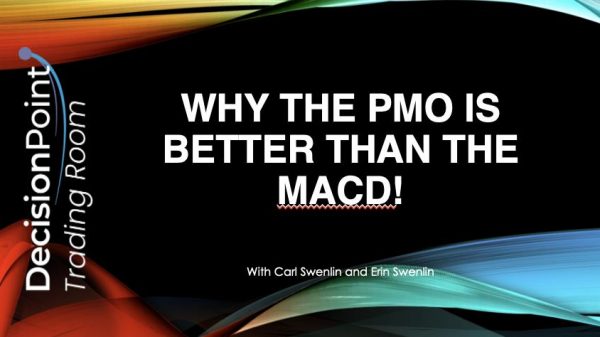Jeffrey Miron and Jacob Winter
An important strand of economic analysis suggests that nudges — non‐coercive policies like providing relevant information or adjusting defaults — can significantly change economic behavior. This contrasts with traditional regulation and taxation, which are coercive in the sense of changing the prices or costs faced by economic agents.
According to proponents, nudges should be relatively acceptable to libertarians, precisely because they are non‐ or at least less coercive.
A key question, however, is whether nudges achieve their goals, and at what cost. On that score, the evidence is mixed.
As one example, recent research (Cato Research Brief no. 374) conducted an experiment that encouraged customers to audit their water use (with the goal of reducing greenhouse gas emissions). The study concluded that audits reduce water use, but the reductions in emissions were small, so the program was not cost effective. Other research (Cato Research Brief no. 373) suggests that text messages to encourage a switch from coal to electric heating caused less rather than more use of electricity. New York City has mandated since 2008 that fast food restaurants display calorie information on menus; research has found no evidence that this policy has influenced calorie consumption or the frequency of visiting fast food restaurants.
To be sure, nudges sometimes work. Research has shown that take‐up of retirement plans increases when employees are enrolled by default, even when opting out is trivial.
Overall, however, using nudges is harder than it looks. Meaningfully changing behavior (via taxation, regulation, mandates, or prohibitions) will likely generate unintended consequences. The research above “nudges” back against the claim that nudges can achieve substantial benefits at minimal cost by avoiding coercion.
This article appeared on Substack on March 28, 2024.






















